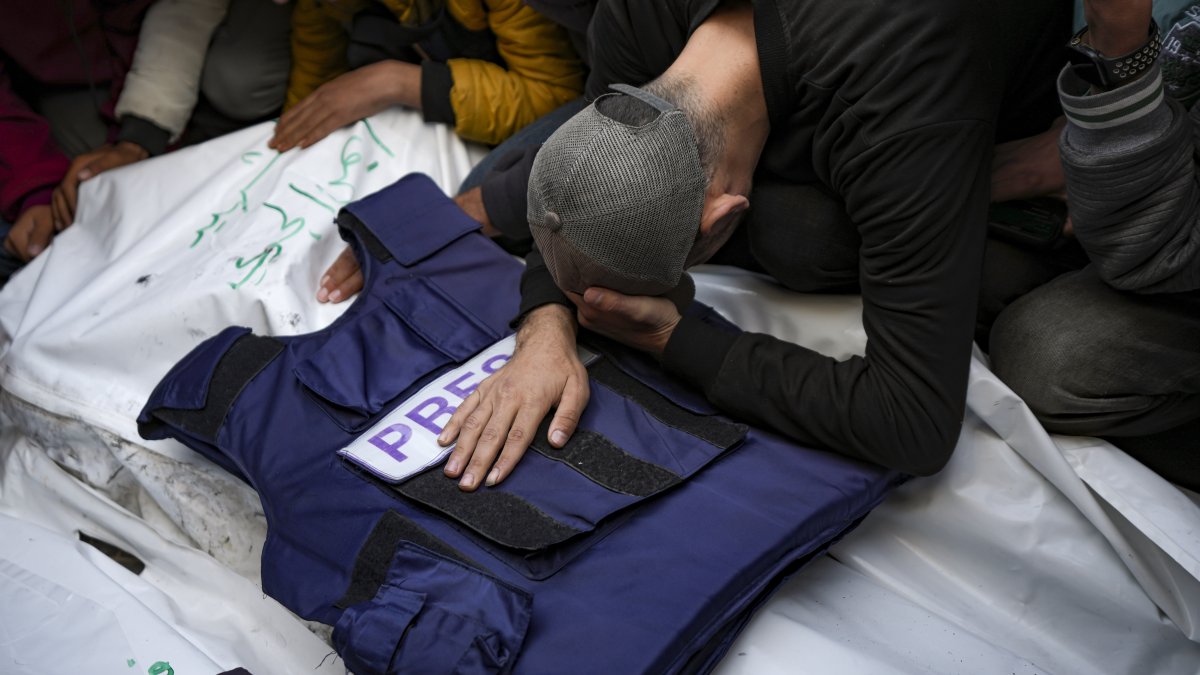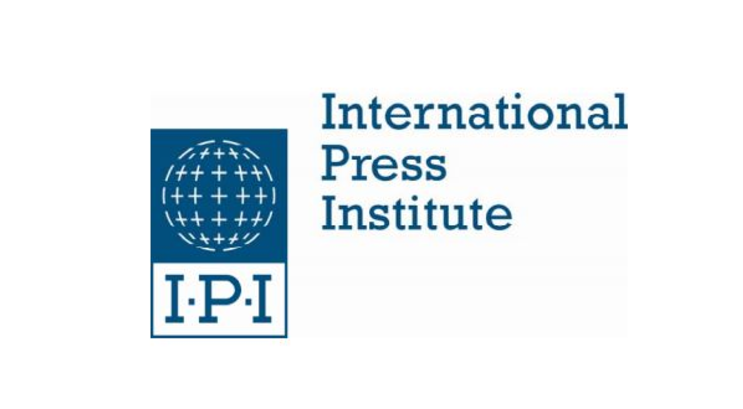Chad witnessed a sharp escalation in its crackdown on independent journalism with the detention of three prominent journalists in the capital, N’Djamena. Olivier Monodji, director of the newspaper Le Pays and Radio France Internationale (RFI) correspondent; Mahamat Saleh Alhissein, a reporter at Télé Tchad; and Ndilyam Guekidata, editor-in-chief of Le Pays, were arrested under serious accusations of espionage, conspiracy, and undermining state institutions.
The authorities allege that these journalists had ties to the Russian paramilitary group Wagner and that they leaked sensitive information concerning national security and economic affairs to Russian entities. These charges emerge amid a growing rapprochement between Chad and Russia, exemplified by the opening of a Russian cultural center in N’Djamena in late 2023.
Press freedom advocates, including the Chad Union of Journalists (UJT) and the International Federation of Journalists (IFJ), have condemned the arrests as politically motivated and a direct attack on media independence. They demand the immediate release of the detained journalists and the return of confiscated journalistic equipment.
This incident is part of a broader trend of increasing repression under Chad’s military-led government, headed by Mahamat Idriss Déby Itno. Over recent years, the regime has intensified efforts to silence dissenting voices, targeting not only journalists but also opposition politicians and activists. The crackdown reflects deepening authoritarianism in a country already struggling with political instability and insecurity.
International observers and human rights organizations have called for urgent diplomatic pressure to protect freedom of expression and ensure the safety of journalists in Chad. They warn that continued suppression of the media undermines democratic principles and exacerbates tensions within the country.
The detention of these journalists highlights the perilous environment for independent reporting in Chad, where allegations of espionage are increasingly used to justify harsh measures against critical voices, threatening the very fabric of press freedom.





